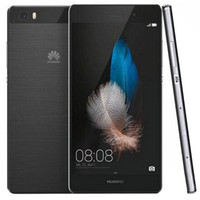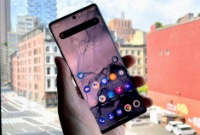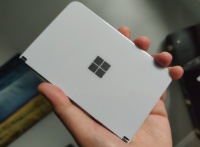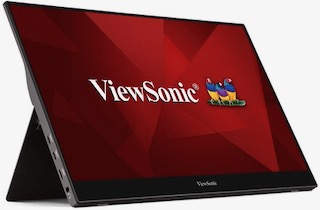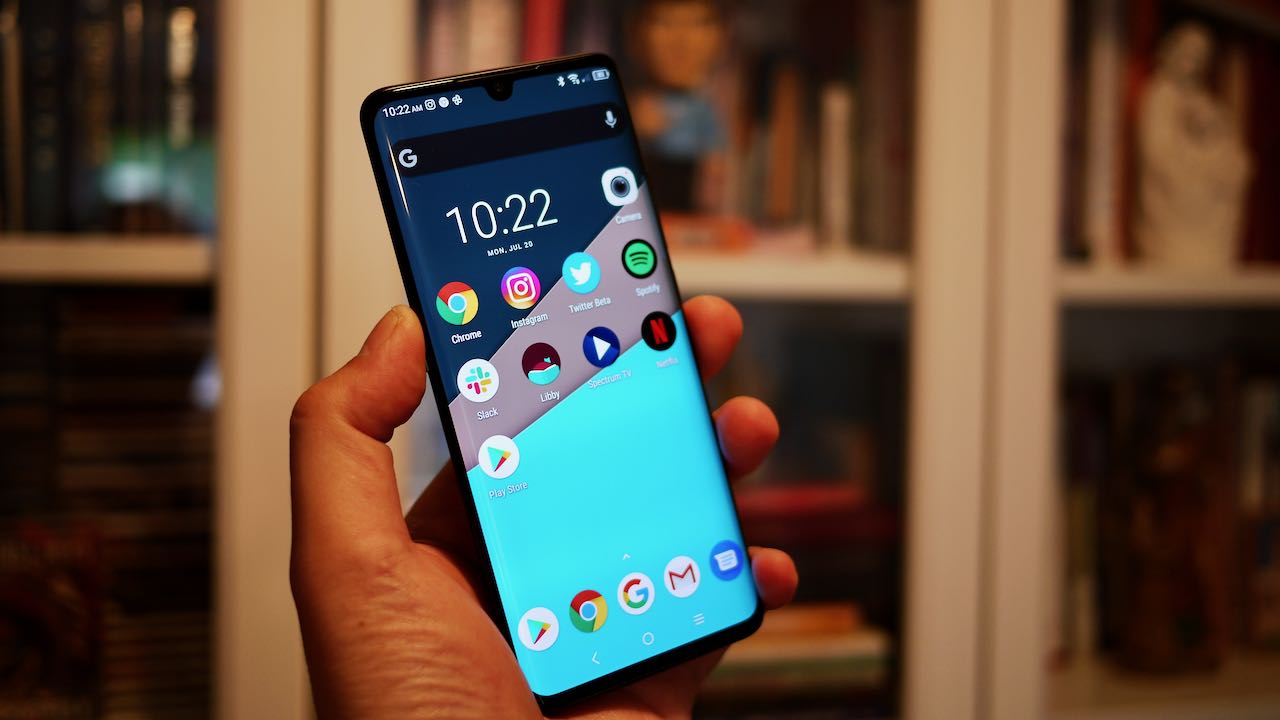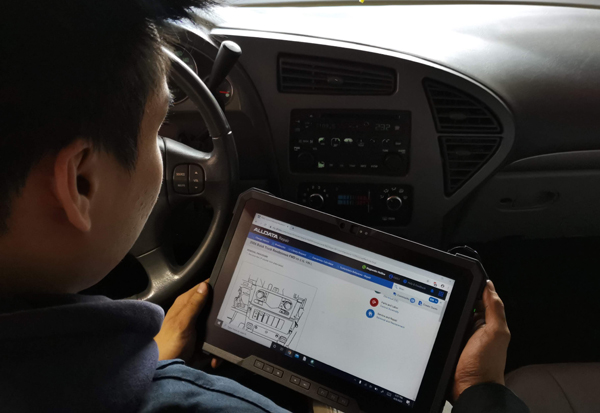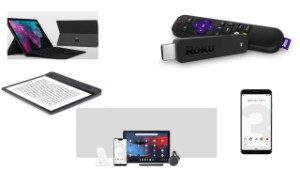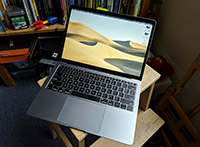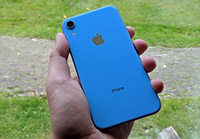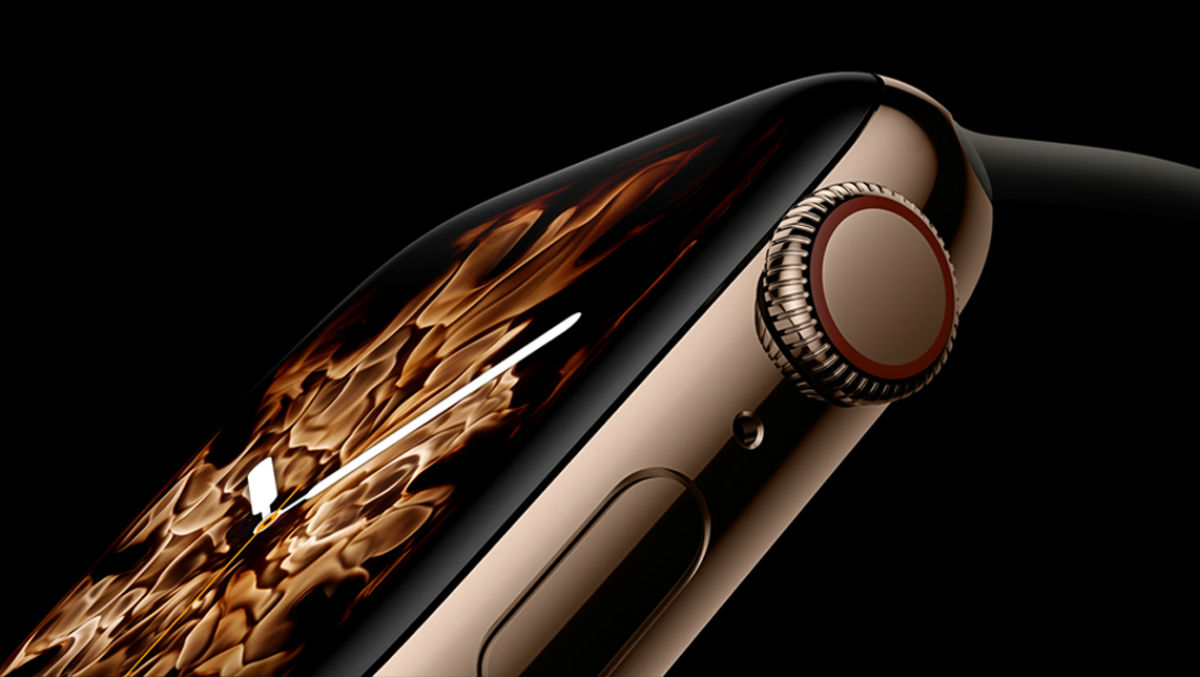Apple poached Intel’s head for 5G ahead of its truce with Qualcomm
 Monday, April 29, 2019 at 6:28AM
Monday, April 29, 2019 at 6:28AM We speculate that a part of why Intel gave up on 5G was because Apple and Qualcomm’s truce. But it seems there might be one more thing to add to that. Weeks before the said settlement, Apple poached Intel’s 5G modem head Umashankar Thyagarajan. His departure wasn’t exactly a secret. But he was, according to the Telegraph, the project engineer for the XMM 8160 chipset, which was at the heart of Intel’s 5G plans. And he “played a key role” in the creation of the Intel modems in the iPhone XS and XR.
Intel and Apple are not commenting on the report. And it isn’t clear what his role in Apple is, apart from it being described as “Architecture” on his LinkedIn page. But we expect he is working on wireless chipset design for Apple. Apple has in the past said it wanted to make its own cellular chipsets, so we aren’t as surprised about the hire as we should be.
 Print Article
Print Article  Permalink tagged
Permalink tagged  5G,
5G,  Applie hirings,
Applie hirings,  Intel,
Intel,  Qualcomm,
Qualcomm,  Umashankar Thyagarajan,
Umashankar Thyagarajan,  hires
hires  Email Article in
Email Article in  Apple,
Apple,  Mobile,
Mobile,  News,
News,  iphone
iphone 




